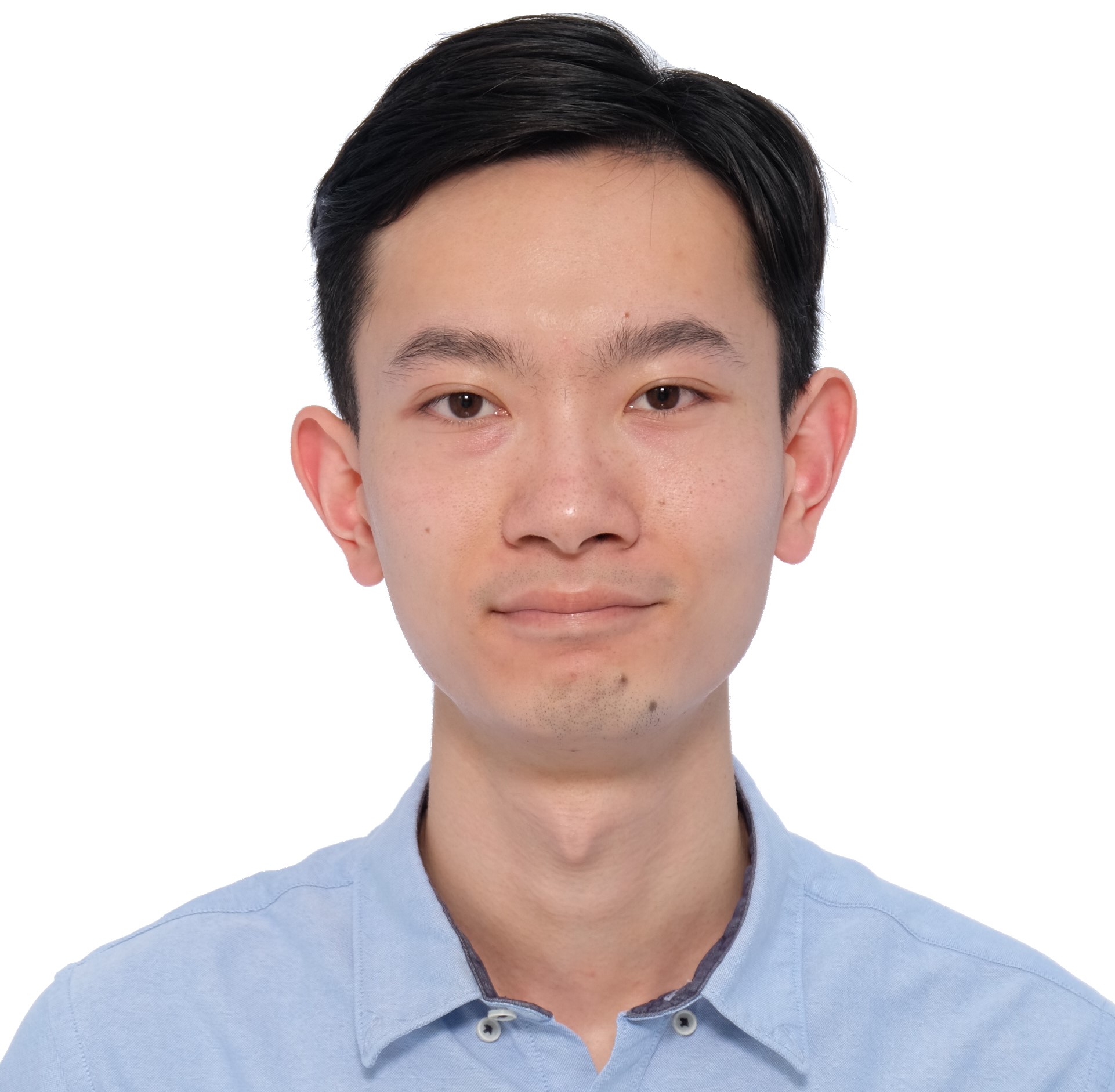Author: Mr. Adrian LAM Man-Ho holds degrees of Bachelor of Arts, English Studies as well as Politics and Public Administration (First-Class Honours); Master of Education, Curriculum and Pedagogy (Distinction); as well as a Postgraduate Diploma in Education in Secondary English, all from the University of Hong Kong.

In 2015, the 193 Member States of the United Nations unanimously adopted the 2030 Agenda for Sustainable Development, which provides the blueprint for peace and prosperity for people and the planet, now and into the future. At the heart of the Agenda are the 17 Sustainable Development Goals (SDGs), which area set of priorities for all countries and stakeholders to act in collaborative partnership. As an important stakeholder, university is strongly committed to respond purposefully and actively to the attainment of these goals through the shaping of learning and teaching as well as research experiences. Using the example of the Common Core at the University of Hong Kong, which is a university-wide transdisciplinary program, the author will share some of the examples and instances as well as strategies and practices adopted to promote SDGs in such context.
Offering transdisciplinary minors and clusters in relation to SDG
The Common Core has launched five thematic options, including Sustaining Cities, Cultures, and the Earth; The Quest for a Meaningful Life; Creative Arts; The Human Life Span; and Gender, Sexuality, and Diversity. A cluster consists of four Common Core courses while a minor consists of six Common Core courses, which nonetheless are all drawn from the same thematic cluster. The courses under each cluster are listed for students’ reference, and in all cases, there are many courses for them to choose from the lengthy list. All these aim to offer students a self-chosen pathway to personalize their transdisciplinary learning experience. As students are given huge freedom and flexibility in choosing their courses under the distributional requirement, this move can motivate them to have the understanding and awareness of how all these courses are interconnected and interdependent with one another, which lead to a more coherent learning experience.Mapping the courses against SDGs during course planning
All the Common Core course teachers are invited to map their course structure and content with a few SDGs, including both primary and subsidiary ones. This aims to encourage teachers to utilise SDGs as the broad, holistic, and flexible frameworks to frame, contextualize, and comprehend the series of issues, challenges, and complexities to be addressed in their courses. This can avoid the tendency of possessing silo-thinking and introducing fragmented practices as those divides across the conventional specialized disciplines are naturally bridged in the authentic context of real-world themes as manifested by SDGs. Meanwhile, one can bring all these wider issues into thinking about own core disciplines, distinctive experiences, as well as unique potentials, especially in terms of how to make progress and implement solutions toward SDGs realistically and strategically.Embedding SDGs throughout course content and classroom activities
Since each Common Core course is distinct in its nature and scope, there are a wide range of ways for embedding SDGs into the everyday learning and teaching. Using a Common Core course on Shaping Our Health Across Cultures as an example, students will work on a group video project by exploring a specific social issue in Hong Kong context (which affects human health), analysing its root causes, and proposing creative yet realistic solutions suitable to the situation. In some of the weeks, there is also a mini-lecture each week that covers how various social determinants of health are shaped across domains in society, such as housing, education, road transport, social protection, and energy. By the end of the course, with reference to the social determinants of health model, students need to write a research paper that critically evaluates and comments on how various measures against the COVID-19 pandemic have exacerbated health inequities in a society by choosing a place outside Hong Kong. All these exercises aim to practically link student learning with SDGs.Promoting transdisciplinary undergraduate research opportunities for addressing SDGs
The Transdisciplinary Undergraduate Research Project allows students to work individually or in a small group on a real-world issue of their own choosing. It will be formally funded and logistically supported by the Common Core office, and supervised by an experienced faculty mentor with professional academic expertise, with a duration of between 6 weeks to 6 months. The project is flexible, which can be empirical or theoretical, academic or community, as well as local or global. Upon the end of the project, students need to deliver a poster presentation, either virtually or physically, complete a detailed project report, write a reflection essay, and offer concrete deliverables. It is hoped that students can cultivate their curiosity and explore their questions in a structured manner. The learning experience can contribute to their personal and professional growth. Another similar instance is the co-creation of a small transdisciplinary research project course in which students and staff co-create the course under the Common Core Research Seminar framework. The primary focusing points for these seminars are collaborative research, project-based learning, public sharing of students’ discoveries, and clear goals for impact.Arranging community projects surrounding themes related to SDGs
Throughout the years, the Common Core has been arranging a series of short community projects surrounding issues and challenges in the community for students to lead, define, and solve. These real-life experiences are aim to be short and light yet engaging and authentic, such that students can realise their abilities and potentials in making subtle changes. They can simultaneously undergo a systematic, logical, and structured research learning process. In the last few years, there have been a wide range of themes covered by these project, which include policymaking for social impact; metaverse and block chain; marketing of higher education; fast fashion and sustainability; as well as refugees and ethnic minorities. The overarching goal is facilitating students to naturally and seamlessly search for new and integrative research questions, hypotheses, approaches, perspectives, and interpretations, which are all necessary for tackling the challenges associated with SDGs.Collaborating with organisational and student learning partners for events about SDGs
The Common Core has always been working closely and continuously with student groups and organisations in both Hong Kong and around the world as learning partners, which are all aligned around objectives of sustainability and community impact. A lot of extra-curricular and co-curricular collaborations are arranged to further cultivate participatory readiness, and advocate life-long learning among students. Many of these activities are oriented towards themes related to the SDGs, which reflects how SDGs can help bridge the potential gaps and re-establish the participatory dialogues among individuals and sectors, especially when many contemporary challenges require a wider pool of ideas and actors. After all, the actualization of SDGs requires tapping on collective intelligence.Showcasing student achievements for tackling SDGs
At the last teaching week of every academic year, the Common Core will organise the annual Student Learning Festival for students to showcase to the wider audience both the process and products of their learning. These displays mainly include the learning artifacts they have prepared for their classes, such as posters, photos, videos, writings, and models. The Common Core also recently initiated Unforeseen Circumstances as a peer-reviewed online journal and exhibit space, which aims to encourage undergraduates, recent graduates, and peer collaborators beyond the university to consider more extensively and deeply how the complexity and uncertainty have been and will continue to impact their learning trajectory. There is now a vast collection of brief videos, photographs, creative maps, data-visualizations, drawings, music and sound art, essays, short fiction, poems, designs for experiments, architectural and computational models, as well as other creative artefacts. All these are abundant and concrete manifestations of student engagement in tackling the wide range of issues and challenges associated with the SDGs.About the author
Mr. Adrian LAM Man-Ho holds degrees of Bachelor of Arts, English Studies as well as Politics and Public Administration (First-Class Honours); Master of Education, Curriculum and Pedagogy (Distinction); as well as a Postgraduate Diploma in Education in Secondary English, all from the University of Hong Kong.
He is currently a Course Tutor at the Department of Politics and Public Administration in the Faculty of Social Sciences and a Research Group Member for the Common Core Curriculum at the University of Hong Kong.
His most recent academic publications include a series of peer-reviewed journal articles and book articles in the areas of interdisciplinary learning and teaching, higher education, high-performing learning systems, curriculum studies, and educational policies.

Quality education for all
We believe in quality education for everyone, everywhere and by highlighting the issue and working with experts in the field, we can start to find ways we can all be part of the solution.
